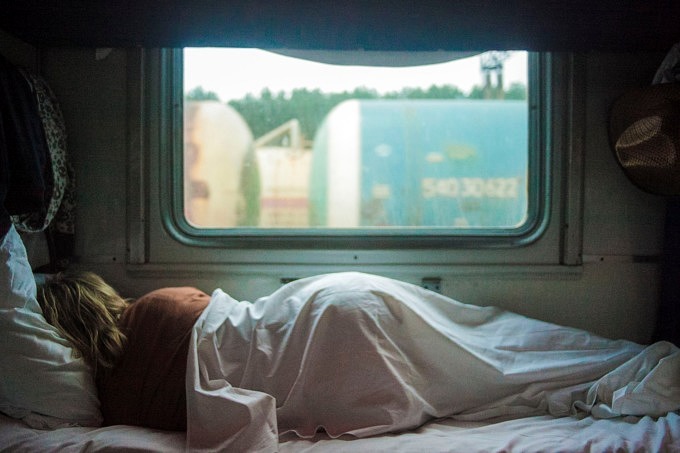Overnight services in Europe had seemingly hit the buffers but pandemic has revived demand.
As Europe continues to grapple with the coronavirus pandemic, there are tentative signs of a new dawn for the couchettes and twin bunks, as the concerns of both governments and travellers’ over the environmental impact of short-haul flights are being complemented by a desire to avoid airport departure lounges and security queues.
In the last few weeks there has been a flurry of announcements and inaugural journeys. Last Thursday the Swedish government said it would provide funds for two new routes to connect the cities of Stockholm and Malmö with Hamburg and Brussels.
Night train routes are emerging or re-emerging across Europe.
Leading the way has been the Austrian operator Österreichische Bundesbahnen (ÖBB), which had the foresight to buy 42 sleeper cars from Deutsche Bahn in 2016. It has resumed half of the night-time routes connecting Hamburg, Berlin, Munich and Düsseldorf to Austria, Switzerland and Italy.
Along with government action there is evidence of renewed enthusiasm among the paying public too, as people reflect more deeply on how they travel amid the Covid-19 pandemic.




